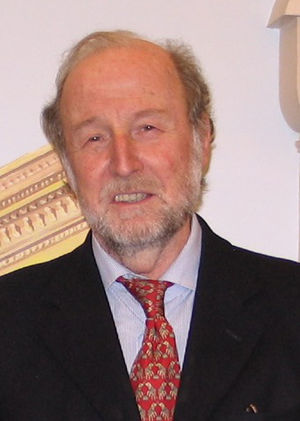Author: Andrzej Jakubowski
Committee: Cultural Heritage Crimes Committee
Date: 13/02/2024
Professor Francesco Francioni, one of the most outstanding legal minds, passed away on Friday, 2 February. His research interests and studies covered almost all areas of international law, but it was culture and the arts that were his true passion. Professor Francioni was a leading figure in the field of heritage law not only as a legal researcher, but also as a teacher and mentor to many students on all continents. He was professor at the Faculty of Law of the University of Siena (1980-2003), where he headed the International Centre for Peace Studies and the Jean Monnet Chair of European Law (1999-2003). He was also Chair of Public International Law at the European University Institute (2003-2013) and Professor at LUISS University of Rome (2012-2019). Member of the International Law Institute (IDI), he served as Chairman of the UNESCO World Heritage Committee (1997-1998), ad hoc judge of the International Tribunal for the Law of the Sea (ITLOS) and arbitrator of the Permanent Court of Arbitration (PCA). A long-time editor-in-chief of the Italian Yearbook of International Law, he was also co-editor of two groundbreaking Oxford University Press publishing series: Cultural Heritage Law and Policy and Oxford Commentaries on International Cultural Heritage Law.
Much of Professor Francioni’s research and legal practice has concerned the protection of cultural heritage from organised crime. In particular, his work and research dealt with the crime of intentional destruction of cultural heritage. In his work, he repeatedly emphasized the particular weight of crimes against cultural heritage as profoundly affecting human communities and the international community as a whole. He pointed to the importance of international cooperation as the most important tool and principle for preventing and combating such crimes. Professor Francioni’s research and the work of his many students, of whom he was very proud, have contributed much to contemporary European and international policy on the prevention and prosecution of crimes against cultural property. He remains an inspiration for contemporary efforts for the legal protection of cultural heritage, including contemporary initiatives within Eurojust and the EPPO.
He will be greatly missed.

